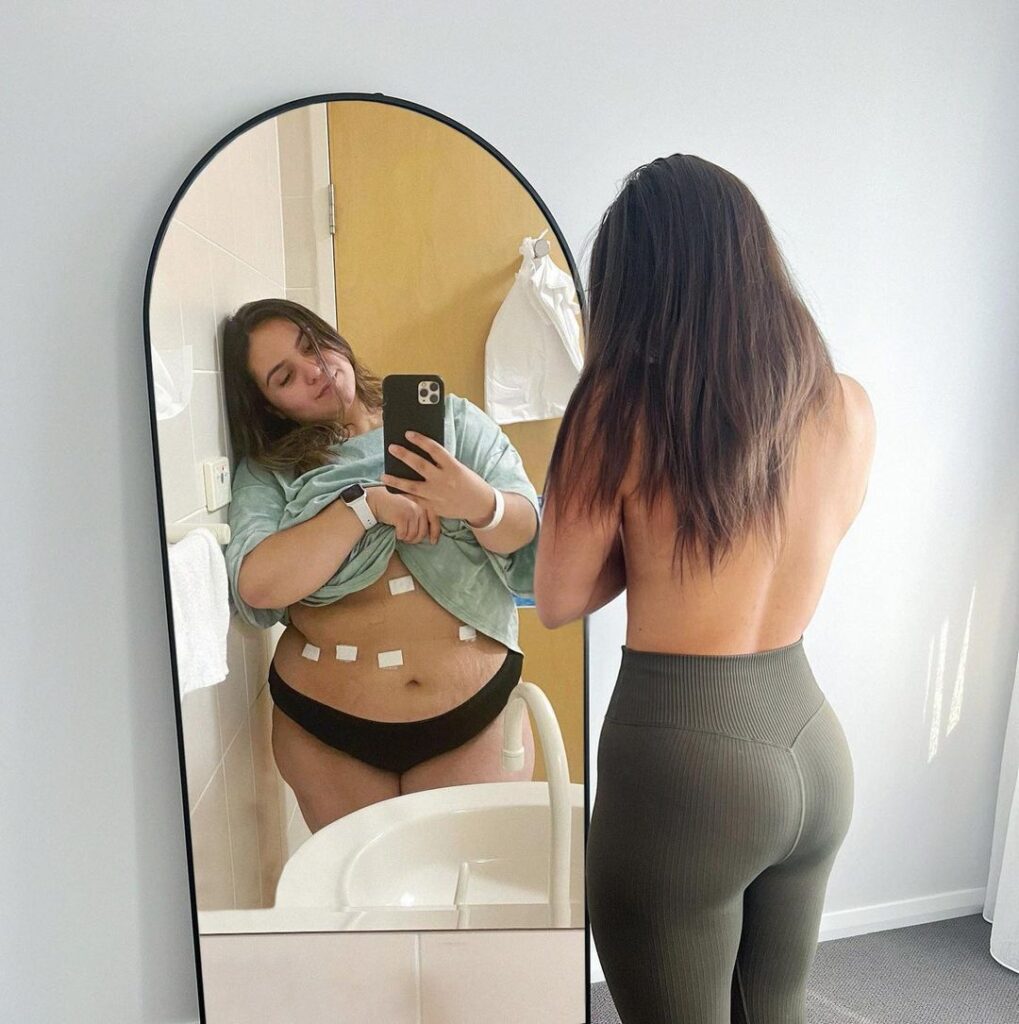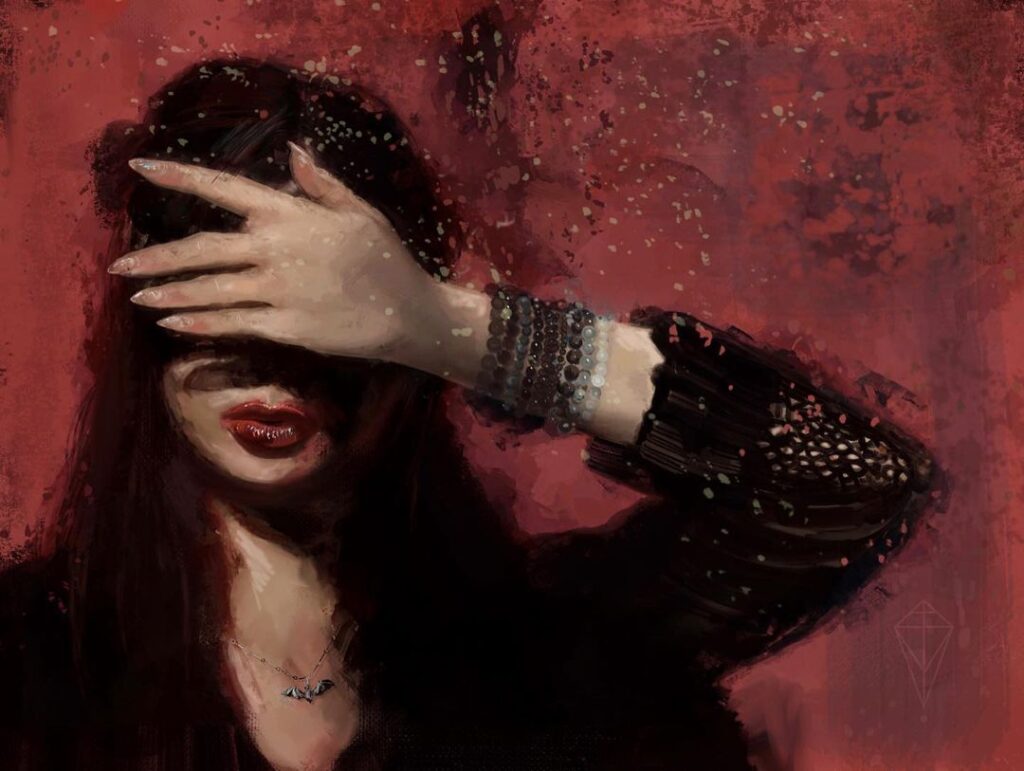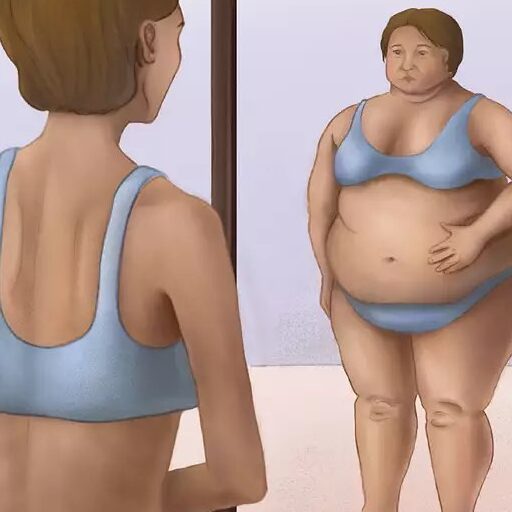
Face dysmorphia is a significant psychological condition. You have to realize that it is not just famous people who have this issue; in fact, all of us have. For whatever reason, many of us have a difficult time discovering faces that are appealing according to the criteria that are considered generally acceptable.
In modern society, it is considered “normal” to have problems with the facial proportions and symmetry of the face, but is this really the case? Why is it that some individuals have such a difficult time developing an appealing face? In addition, what steps can you take to address the issue of facial dysmorphia?
Table of Contents
What is face dysmorphia?

An obsessive obsession with a perceived fault or imperfection in one’s face is referred to as face dysmorphia, which is a word that describes the condition.
People who have a history of facial dysmorphia will often avoid looking in mirrors and will do their best to conceal their face appearance. This may result in social isolation as well as psychological discomfort. Additionally, it has been linked to other mental health conditions, such as body dysmorphic disorder (BDD) and obsessive-compulsive disorder (OCD).
Because they are so concerned about the apparent abnormality, those who are affected may have difficulties sleeping or eating as a result of their anxiety. They may also be prone to mood fluctuations and suffer anxiety when faced with the prospect of stepping out in public.
What is is body dysmorphic disorder

Body dysmorphic disorder, often known as BDD, is a mental ailment in which a person has the mistaken belief that a portion of their body is unattractive or misshapen. They devote a significant amount of their time to contemplating it and plotting how to cover it up. If you’re dealing with BDD, you’ll undoubtedly become aware that your ideas are becoming more illogical as time passes. When you look at yourself in the mirror, you can get the impression that your looks has been wrecked. You might also get the impression that other people have seen your apparent imperfection and might judge you for it.
Some persons who have body dysmorphic disorder are able to control the severity of their symptoms for extended periods of time, while others may go through phases in which they are preoccupied with their physical appearance. People who suffer from body dysmorphic disorder (BDD) may engage in a variety of activities in an effort to correct what they believe to be a flaw in their appearance. For example, they may seek out cosmetic surgery, use makeup, or participate in other such practices.
What are the symptoms of body dysmorphic disorder

Body dysmorphic disorder, often known as BDD, is a psychiatric condition that leads affected individuals to have an unjustified dread of how others see them. BDD can cause people to spend hours each day, or even days at a time, checking the mirror and comparing their appearance to the way they see themselves in the mirror, which is according to the National Institute of Mental Health (NIMH). BDD can also cause people to feel as though others are judging them negatively based on their appearance.
BDD is often diagnosed in young people who are on the edge of maturity and may be wondering about their identity, sexuality, and connections with others. These young adults may also struggle with body dysmorphic disorder (BDD). In certain cases, the illness is linked to other mental health issues, such as obsessive compulsive disorder (OCD) or clinical depression. It is believed that one percent of people will suffer from borderline personality disorder at some time in their lives. BDD is characterized by a wide range of indications and symptoms, including the following:
- Being too obsessed with a perceived imperfection in one’s appearance that, to others, either can’t be noticed or seems to be of very little importance
- Strong conviction that you are physically flawed in some way, such that other people see you as being unattractive or misshapen
- The conviction that other people are paying undue attention to, and making fun of, your physical characteristics.
- Engaging in actions that are difficult to resist or control in order to remedy or hide the perceived imperfection, such as examining oneself repeatedly in the mirror, grooming oneself, or plucking at the skin are examples of such behaviors.
- Making an effort to conceal perceived defects through the use of style, cosmetics, or clothing
- Constantly evaluating your physical appearance in relation to that of others
- Constantly looking to other people for confirmation about your physical appearance
- Having a strong desire to achieve excellence.
- Seeking out cosmetic surgeries yet feeling unsatisfied with the results
- Avoiding social encounters
FAQs
What are the signs of facial dysmorphia?
The following are some of the most prevalent symptoms of facial dysmorphia:
-A noticeable shift in the proportions, size, or symmetry of the face
-An alteration of the facial characteristics
-Eyes that are either abnormally tiny or abnormally huge with thick eyelids
How do you get rid of face dysmorphia?
Face dysmorphia may be cured in a number of distinct methods, including the following: If you feel comfortable doing so, try having a conversation about it with a therapist or counselor who specializes in this field. They will be able to assist you in understanding why you are experiencing these sensations as well as how to cope with them so that they do not continue to disrupt your life. Consult a dermatologist about the possibility of taking a medicine available only with a doctor’s prescription in order to lessen the appearance of the size of your nose, cheeks, and chin. In the event that this treatment is unsuccessful, they could further suggest surgical intervention.
Is it possible to have face dysmorphia?
Yes, it is possible to have face dysmorphia. The disease is characterized by an unhealthy preoccupation with face symmetry as well as other aspects of one’s physical appearance. People who have this disorder may become preoccupied with their looks to the point that they engage in obsessive activities that are connected to their appearance.
What do people with facial dysmorphia see?
People who suffer from facial dysmorphia have the mistaken belief that they have an unsightly or misshapen face. As a result of their looks, they may suffer feelings of worry, despair, and isolation from other people. Because of the way they feel about how their bodies look, they are also at risk for developing eating disorders.
Conclusion
Face dysmorphia is a syndrome that may lead patients to undergo major changes in their look. These changes can often be seen in the patients’ noses, chins, foreheads, and jawlines. People with face dysmorphia opt to change their appearance such as threading eyes or even putting lip fillers to beautify themselves. Face dysmorphia can also cause sufferers to develop abnormal facial features. It has been known for a long time that individuals who are unhappy with their facial characteristics may and do seek the help of cosmetic surgery in order to alter those features in an effort to make them more to their liking.
However, this condition is not recognized as an established medical problem. This article may be illuminating to some individuals who suffer from face dysmorphia since it explains how people with a variety of facial dysmorphic disorders may get therapy for their symptoms.

